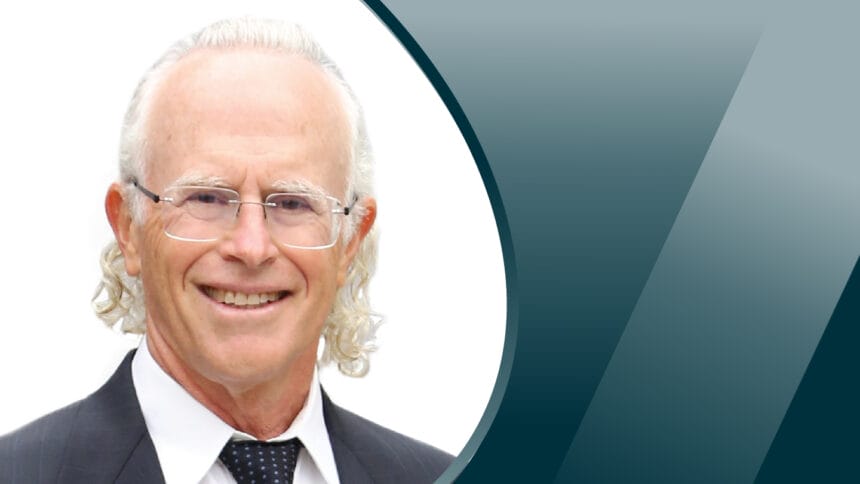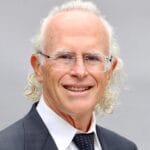
Financial success and sustainability are at the heart of the fiduciary responsibility duty. Physician leaders must balance the potential conflict between their Hippocratic Oath and fiduciary responsibility.
Many years ago, I asked a nursing home administrator to share his facility budget with me. As medical director of the facility, I felt that there was a great opportunity to apply geriatric medicine principles to improve care and significantly reduce Part A pharmaceutical expenditures.
The administrator demurred. It seemed that there was a reticence to allowing the medical director to be privy to the facility’s financials. AMDA, in its 2011 white paper, states that one of the medical director’s responsibilities is to be involved with the facility’s finances. Providing quality care in a fiscally responsible manner requires the expertise and ethical commitment of physicians who have transparency when it comes to facility financials.
Today’s nursing home residents represent a highly complex group of individuals, the understanding of whom requires a specific skill set. My friend and mentor John Morley, MB, BCh, likes to point out the impact of a high carbohydrate diet on nursing home residents. The sugar load of such a diet contributes to cognitive dysfunction and fatigue.
Saving a dollar or two on food costs can lead to poor clinical outcomes and symptoms that require greater assistance from nursing staff. The perceived operational cost “savings” result in a net increase in expenses due to the clinical impact. Most nursing home residents are on a multitude of medications that haven’t been shown to be of value and have many potential side effects.
Polypharmacy is an area where clinical expertise can lead to a reduction in both harm and expense. These are just some examples of why we must approach nursing home operations through a clinical lens.
As a geriatrician, I’ve been blessed to have cared for many amazing people. Whether they lived and died in their home or in a nursing home, they were human beings who mattered. Nursing home medical directors, responsible for the coordination of medical care and following their Hippocratic Oath, are dedicated to minimizing harm.
I have long advocated that nursing home chain chief medical officers be empowered to fully support efforts to provide quality care to residents. Nursing homes must engage and support experts in geriatrics and long-term care medicine to achieve clinical and financial success.
Transparency is an important tool to ensure our priorities and ethical commitment to our patients are not being deterred. The Biden administration has prioritized bringing transparency to nursing home ownership and tying it to accountability for clinical outcomes. Complaining about low margins without transparent financials diminishes nursing home industry soundbites that focus on what can’t be done.
The transparency final rule highlights the importance of the nursing home medical director and this further demonstrates the priority of clinical expertise. We welcome full transparency as a means of assuring that medical directors are fully engaged and promoting the highest standard of care in the facility.
The continued focus on transparency allows us to publicly pivot our priorities to the safety and care of nursing home residents and put our ethical obligations of care as our most vital concern. I have written before about the need for “solutions, not excuses.”
Prior to the pandemic, I wrote about the importance of engaging clinical experts in the delivery of care to nursing home residents. How can we honor the subsequent deaths of over two hundred thousand nursing home residents while policymakers continue to haggle over the concerns of an industry that seems to be focused solely on their fiduciary responsibility?
When will we acknowledge the need to focus on clinical care and our moral and ethical obligation to vulnerable older adults? This public pivot recenters the conversation, demonstrating that clinicians and medical directors should be leading this conversation and be given the authority to help guide fiscal decisions that affect resident care.
It’s time that experts in geriatrics and long-term care medicine be given authority and accountability at both the corporate and facility levels.
Michael Wasserman, MD, CMD, is a geriatrician and member of the Board of Directors for AMDA–The Society for Post-Acute and Long-Term Care Medicine.
The opinions expressed in McKnight’s Long-Term Care News guest submissions are the author’s and are not necessarily those of McKnight’s Long-Term Care News or its editors.
Have a column idea? See our submission guidelines here.





